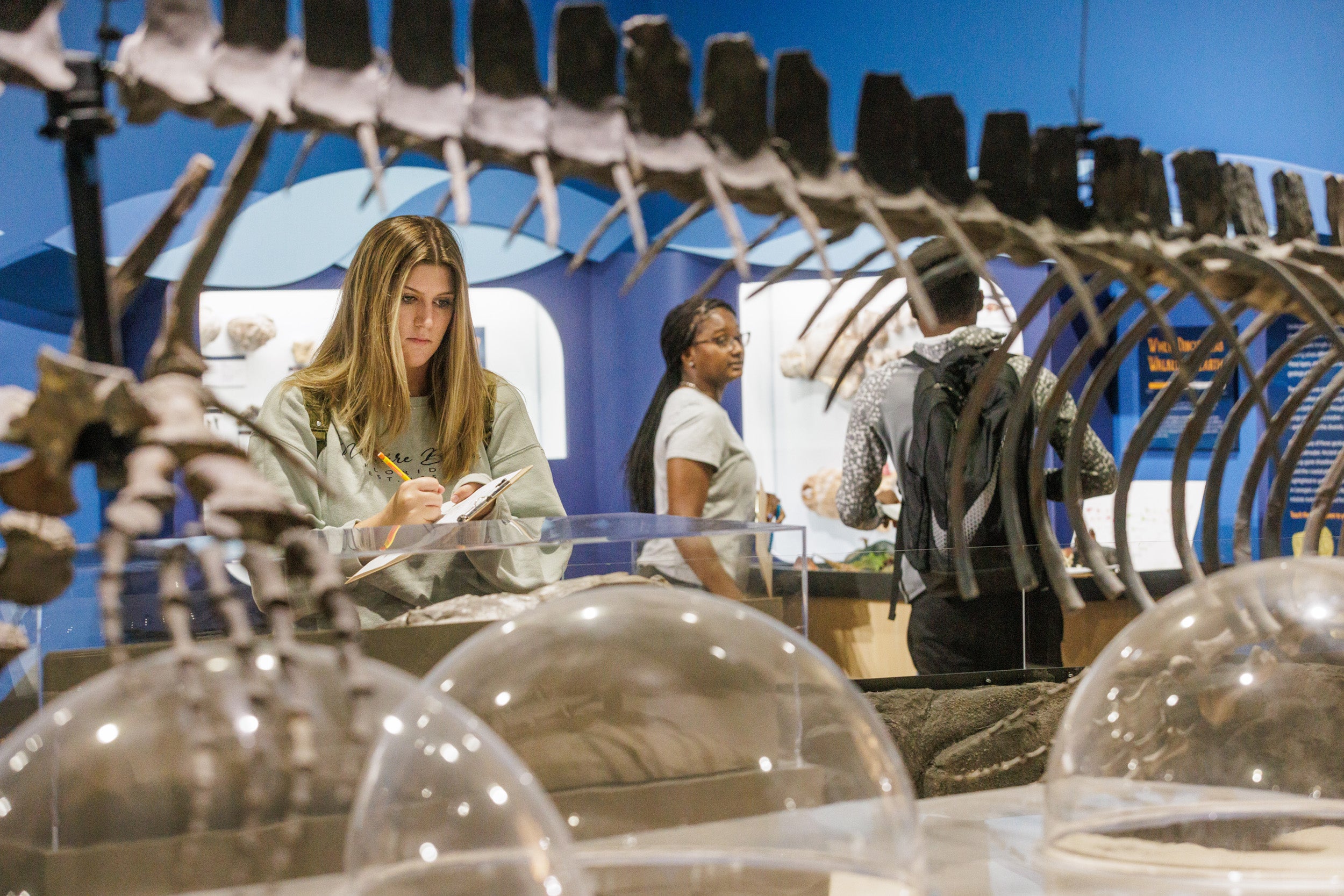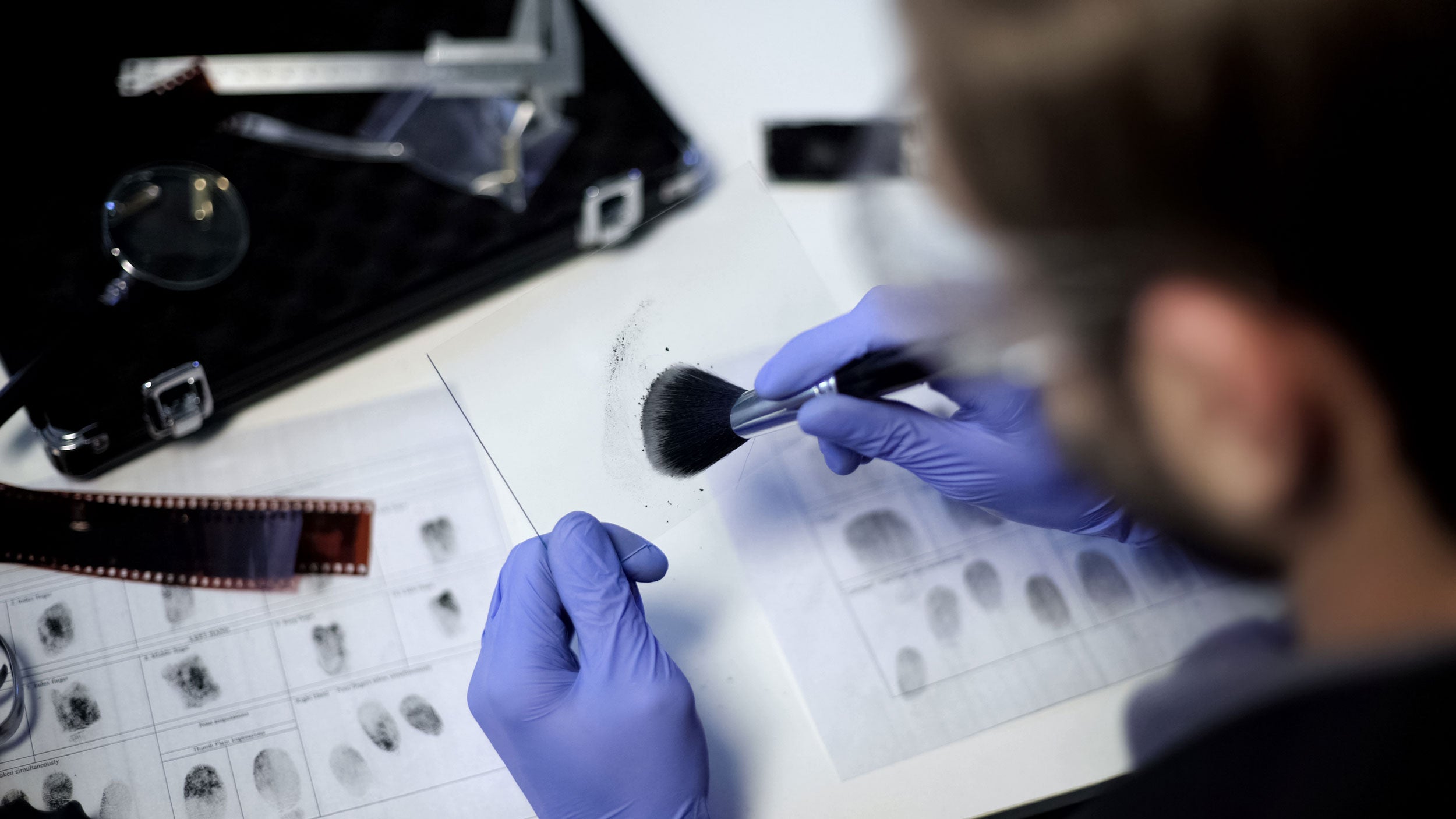Access insights from several disciplines to gain a multifaceted understanding of human behavior. Through research and problem-solving, you’ll prepare to serve more effectively in diverse areas ranging from public service to education.
Locations
- Statesboro Campus (Hybrid)
- Online
Why Earn a Master’s in Social Science at Georgia Southern?
- Combine theory with practice in a research-based, application-oriented program.
- Build a custom course of study to fit your needs with a flexible, interdisciplinary curriculum.
- Learn while you earn, with fully online options that fit your schedule.
- The first program of its type in the University System of Georgia.
- 30 credit hours to completion.
Strengthen your analytical abilities and deepen your grasp of nuanced social phenomena through Georgia Southern University’s Master of Arts (M.A.) in Social Science program. An interdisciplinary approach across anthropology, political science and sociology concentrations lets you study complex social issues and problems or focus on developing expertise in a single area.
In this uniquely flexible program, you’ll work with your advisor to design a personalized plan of study and can draw on department resources across the University to guide your exploration. You can choose from applied and thesis tracks to enhance your career preparation and further tailor your studies. This lets you apply your knowledge in a number of contexts, including an internship, additional coursework or an independent research project.
Job pathways for graduates are just as broad. Get ready to launch or advance your career in fields related to human social behavior and culture, or you can embark on doctoral studies.
Ready to Apply?
What Can You Do With a Master’s in Social Science?
A master’s in social science gives you a multidimensional understanding of human interaction and motivation and equips you with analytical tools for data-informed decision-making. Depending upon your area of focus, you’ll excel in roles related to historical or cultural resource management, public service, policy analysis and creation, education, nonprofit management and more.
Where our graduates work:
- Community colleges
- Federal, state and local governments
- Museums
- Nonprofits
- Service organizations
What our graduates do:
- Foreign services officer
- GIS specialist
- Lobbyist
- Museum curator
- Nonprofit manager
- Public policy advisor
- Regional planner
- Youth programs coordinator
What You’ll Learn
At the beginning of the program, a foundational course in social science introduces the main controversies in contemporary research, among other issues. Then, you’ll build your research and analytical skills in preparation for higher-level coursework.
To add focus to your degree, you’ll choose a concentration in sociology, political science or anthropology. You’ll then customize the rest of your requirements based on what concepts and ideas you want to explore and how you’ll use these theories in the real world.
See the CurriculumConcentrations
Which facets of human behavior interest you, and how do you wish to examine them? Three concentrations offer a choice of contexts, environments and perspectives.
Anthropology
From the biological roots of behavior to the dynamics of societal change, study the nature and varieties of human cultures, developing a holistic understanding of who we are to address the challenges we face.
Political Science
Take an analytical approach to politics and systems of government, preparing to shape policies and structures that contribute to the common good and the health of our political institutions. Online only.
Sociology
Build a nuanced understanding of human activity in its social context, exploring how we are shaped by our surroundings and how social structures and relationships relate to both societal patterns and individual behavior. Online only.
Build Your Experience
Leverage the program’s flexibility to extend your learning outside the classroom and acquire additional experiences that strengthen your preparation for your chosen career trajectory.
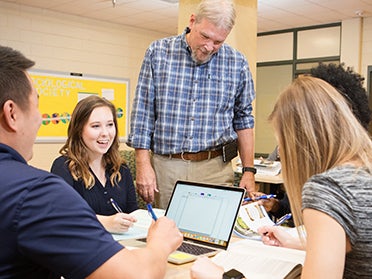
Teaching Preparation
Learn to share your knowledge and passion as an instructor at the community college level through coursework on the principles and methods of teaching adult students.
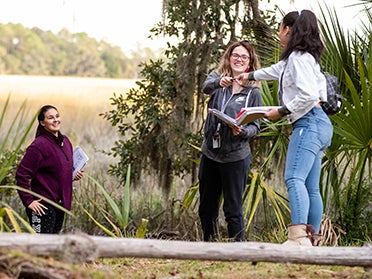
Internship
Put theory into practice in a career-related setting as you build skills and experiences that help you clarify your direction, network for expanded opportunities and enhance your résumé.
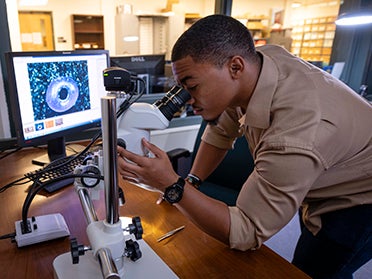
Thesis
Examine a topic in depth by applying quantitative and qualitative methods as you gather data and draw conclusions. This independent exploration highlights your originality of thought and positions you for further graduate or professional studies.
Want to Learn More?
Explore essential information about our M.A. in Social Science program, including application details, accreditation status, and licensing disclosures. Gain insight into the program’s credibility and requirements to help you start your journey toward success with the knowledge you need.
The M.A. in Social Science program is open to those with a bachelor’s degree from a regionally accredited institution or an equivalent course of study.
To apply, please submit:
- An online application. (There is a $50 nonrefundable application fee.)
- Official transcripts for all previous college- and graduate-level work.
- A statement of purpose explaining your career goals and how this program relates to them.
International transcripts must be evaluated by a NACES-accredited evaluation service. The evaluation must be course by course and include a GPA.
Provisional Admission
Nontraditional students and applicants not meeting the above requirements may be considered for Provisional (Probationary) admission as determined on a case-by-case basis.
Application Deadlines
Students admitted to the program begin in the fall or spring semesters. The application deadlines are:
| Fall | Spring | |
|---|---|---|
| Priority Deadline | March 1 | October 1 |
| Final Deadline | June 30 | November 15 |
Your application and all required documents must be received by the deadline.
Contact Information
Dr. Ryan K. McNutt
Assistant Professor of Anthropology, Program Director
rmcnutt@georgiasouthern.edu
912-478-2337
The Cultural Heritage Scholarship supports a clearly defined program of graduate study and research on a significant dimension of the cultural heritage of the South, preferably Georgia. The scholarship is for one year; the recipient may renew the award for one additional year if they are making appropriate progress toward completion of their graduate degree in the judgment of the selection committee.
To be considered for the Cultural Heritage Scholarship, you must:
- Be accepted into a graduate degree program in anthropology, history or sociology.
- Demonstrate your commitment to a clearly defined program of academic study and research that focuses on a significant dimension of the cultural heritage of the South, preferably Georgia.
- Have a minimum GPA of 3.0 (please submit unofficial copies of your undergraduate transcript if you are an entering graduate student or your graduate transcript if you have already completed a semester in the graduate program).
- Be enrolled as a full-time student in the Jack N. Averitt College of Graduate Studies for the period covered by the scholarship.
- Submit a prospectus describing your plan of study and research (limit four double-spaced pages). Demonstrate how it focuses (or will focus) on a significant dimension of the cultural heritage of the South, preferably Georgia.
Students must apply for scholarships through the My.GeorgiaSouthern portal. Applications are typically available from late December through February.
At Georgia Southern, enjoy the flexibility of fully online courses that fit within your busy schedule. Online instructors weave interactive experiences into each lesson, ensuring you engage at a deeper level.
For All Online Programs
Federal law requires colleges and universities to make certain disclosures to prospective students of these programs. These disclosures include information on the University’s authority to operate outside of Georgia, complaint processes, adverse actions and refunds.
For required disclosures in general with regard to online programs offered by the University, visit the Office of Legal Affairs website.
Alumni Feature
Rhianna Bennett (‘18) is currently a project archaeologist with LG2 Environmental Solutions, Inc. In this position, she conducts archaeological research for each phase of a client’s project while providing ongoing monitoring. Bennett also serves on the Board of Directors for the Society of Georgia Archaeology (SGA).
Faculty Feature
Utilizing advanced tools like LIDAR and GIS, Assistant Professor Ryan McNutt studies conflict and the impact of violence on non-combatants. He has developed new models for locating battle sites and served as a consultant for historical documentaries.
Learn More About Assistant Professor McNutt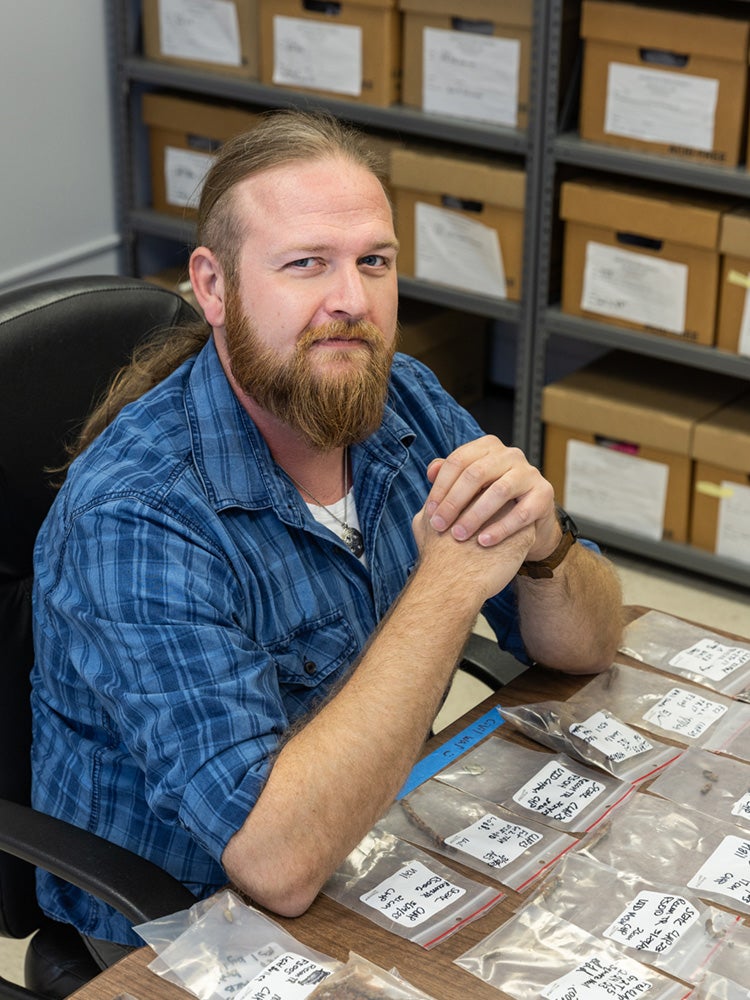
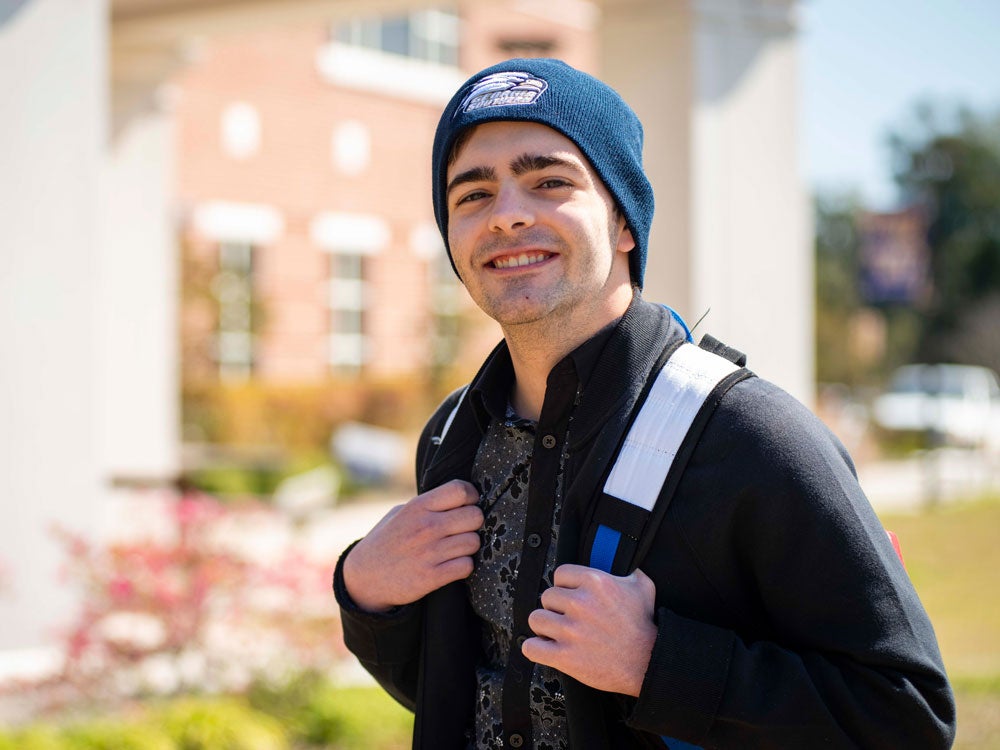
Take the Next Step
Prepare to foster positive change through a deep, research-informed understanding of human behavior through Georgia Southern’s master’s in social science program.
Contact Us
Dr. Ryan K. McNutt
Assistant Professor of Anthropology, Program Director
rmcnutt@georgiasouthern.edu
912-478-2337

